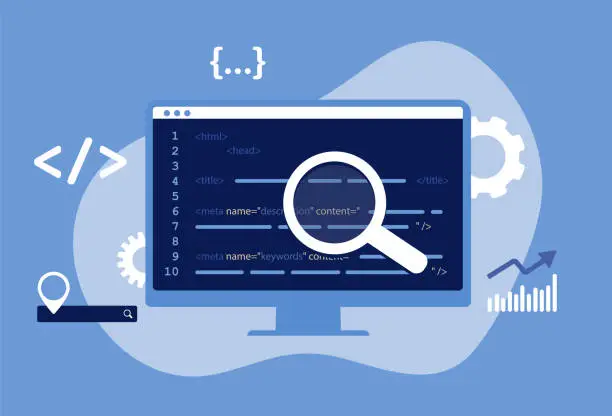Navigating the Evolution: A Guide to Recent C++ Updates
In the era of programming languages, C++ continues to stand the test of time. With each new update, the language goes through improvements and additions, guaranteeing that it stays a flexible and integral asset for designers. Let’s dive into ongoing C++ updates, and explore the key features and upgrades that have formed the language’s evolution.
Introduction to C++ Updates
C++ is renowned for its obligation to reverse compatibility while embracing current programming standards. Recent updates have focused on finding some kind of balance between maintaining the language’s heritage and consolidating contemporary features to satisfy the needs of the consistently changing tech landscape.
C++11: A Paradigm Shift
The C++11 update, delivered in 2011, was a game changer. It presented various elements, including auto keywords, range-based for loops, and smart pointers, working on memory management and improving code readability. These additions made ready for more expressive and proficient C++ code.
C++14 and C++17: Incremental Improvements
Expanding on the foundation laid by C++11, ensuing updates like C++14 and C++17 brought steady enhancements and additional features. C++14 focused on improving language adaptability and working on normal coding patterns, while C++17 presented features like structured bindings and a filesystem library, further streamlining development.
C++20: A Comprehensive Overhaul
The most recent significant update, C++20, addresses a comprehensive overhaul of the language. Released in 2020, it presents a few significant features, upgrading C++’s capabilities and making it more competitive in the modern programming landscape.
(i) Concepts
One of the champion features of C++20 is concepts, which carry another level of expressiveness to templates. Concepts empower developers to determine constraints on template parameters, prompting more clear interfaces and further improved error messages during compilation.
(ii) Ranges Library
C++20 includes the Ranges library, giving an all the more remarkable and expressive method for working with sequences of elements. Ranges simplify code by offering a reliable and composable method for manipulating collections, replacing traditional iterators with more readable and functional constructs.
(iii) Coroutines
Coroutines, a feature long-awaited by C++ developers, at last made their debut in C++20. Coroutines simplify asynchronous programming by allowing developers to write asynchronous code in a more clear and coherent way, making it simpler to manage complex concurrency scenarios.
(iv) Modules
C++20 presents modules, that resolve longstanding issues with the traditional header file system. Modules further develop construct times, improve encapsulation, and give a more effective and scalable way to organize code.
To Read More: Python: Gateway to Web Development and Data Science
The Impact on Developers
Understanding these updates is pivotal for developers looking to leverage the maximum potential of C++. Embracing new features upgrades code quality as well as positions developers to adopt modern best practices, further collaboration, and long-term maintainability.
Staying Updated: Best Practices for Developers
To keep up to date with C++ updates, developers ought to effectively take part in the vibrant C++ community. Participating in discussions, attending conferences, and following compelling figures in the C++ world are viable ways of remaining informed about upcoming features and industry best practices.
Conclusion
The journey of C++ keeps on advancing, with each update carrying new tools and capabilities for developers. From the momentous changes in C++11 to the far-reaching upgrades in C++20, staying updated on these advancements is fundamental for anybody exploring the dynamic landscape of C++ programming. By embracing the most latest features and best practices, developers can harness the full power of C++ and contribute to the ongoing success of this venerable programming language.






Post Comment
You must be logged in to post a comment.